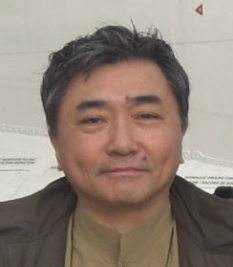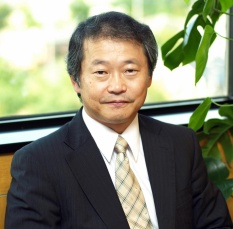Message from the Chief Director
Toshikazu SHINOHARA
(Appointed in June 2018)
It is an honor to be appointed Chief Director of Human Centered Design Organization (HCD-Net).
I was privileged to be a member of the advisory committee from 2005, when HCD-Net was founded. When I first entered, I was welcomed as a member from a new field, as part of the organization’s effort to expand HCD’s range of application. However, time has flown by, and when I think about the length of my commitment to this organization, and the roles I have taken as board director and deputy chair, it is an honor to be able to continue serving in this capacity for an organization I have dedicated myself to.
History of HCD-Net
The accomplishments of HCD-Net are due to the foresight and depth of understanding of the predecessors who diligently worked hand in hand with varied communities and organizations. Initially, HCD-Net consisted of small committees of professionals, scholars, and business people. Within businesses, groups were formed when skilled workers in the Quality control or Manual sections gathered “like-minded partners with the same motivation and will" from other departments and sections.
HCD-Net’s ultimate aim is to create a society where people can live with optimal convenience and comfort. To this end, our immediate goals are to:
a. Establish this field as a firmly-grounded area of research and practice
b. Create awareness that this field contributes greatly to the business world
c. Embody the organization’s ultimate aim through these contributions
Therefore, we have gathered together experts and others who are interested, to share their observations and experiences, so we can learn from each other and apply our new knowledge as we progress.
As for myself, my goal at HCD-Net was to confirm and develop the expertise of Usability and Information Design in Internet services and Software development (which developed rapidly in the 2000s) within the organization. I have been working on themes such as User-Centered Design, Interaction, User Experience within various industries that deal with software, as well as on the relationship between HCD and management, and the importance of HCD in management.
Increasing HCD’s Presence and Reach
Various fields and specialized areas are being inspired by HCD-Net. Figure 1 shows the spread of HCD values among organizations. In order to sustain and advance our activities and businesses in a world where the market is continually changing, we must take into account the value of HCD. The philosophy, skills and methods of HCD are based on research areas such as Usability, Universal Design, and Accessibility. Placing users at the start of every process, HCD seeks to accurately grasp the reality of user situations, ensure that all stakeholders share in the making of goods and services, provide ideas and solutions at an early stage in the development process using actual prototypes and mockups--repeating the evaluation process until actualization. The concept of HCD developed through continual research and practice. HCD-Net has nurtured participants who are knowledgeable in this philosophy and are capable of implementing HCD using a variety of structured skills.
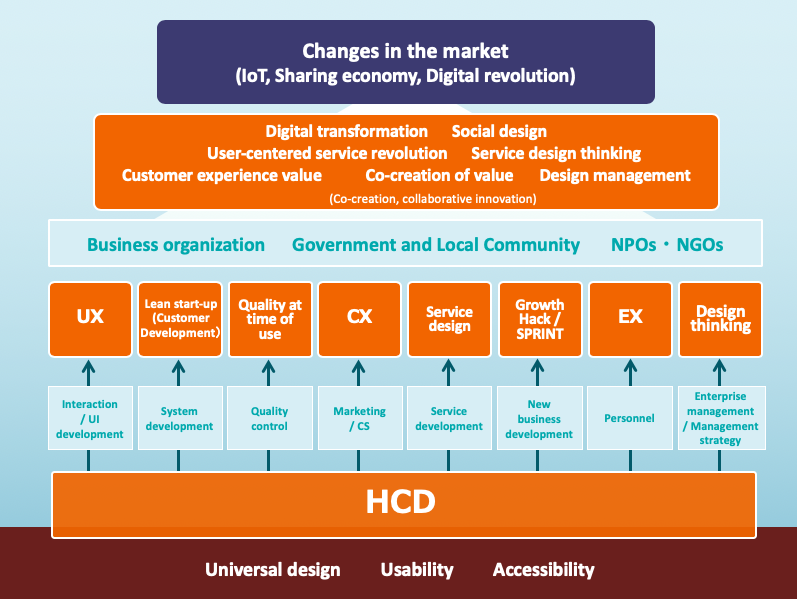
Figure 1
Concepts which originated in enterprises and departments within organizations such as UX (User Experience), Lean Startup (especially customer development), Quality at time of use, CX (Customer Experience), Service Design, Growth hack and SPRINT, EX (employee experience) and Design Thinking—all have HCD at the core. Each of these areas requires human resources with the ability to implement HCD. You may notice that HCD is also at the center of concepts such as Customer Experience Value, Value Co-creation (Co-creation / Cooperation), Service Design Thinking, User-centered Service Reform, Design Management, Digital Transformation, and Social Design which are often used in slogans by enterprises and administrative organizations.
The value of HCD is gaining awareness, but it seems there is a communication breakdown between the specialized fields and disciplines, and many experts themselves do not understand the commonality of the underlying value in all disciplines—and rather consider their own field as being completely different from others. What surprises me the most is that there are many people engaged in these areas who are unaware of the existence of HCD-Net and the Human Resources Development Program we have which covers all the disciplines we promote. Organizations need more experts, and more experts need training—and these needs have to be met promptly. The role that HCD-Net must fulfill is undoubtedly an important one.
The future of HCD-Net
Now after 12 years since its founding, HCD-Net has more than 800 members and 60 supporting companies. 3,000 or more participants gather at our 100 or so events every year. HCD-Net also provides a Certification System for experts (HCD Expert Certification System) which was established in the third year (2008), and, as of September 2018 which marks ten years, we have sent out more than 800 experts and specialists into the world. These numbers tell us that the scale and value of what we are doing is broadening and deepening—and they tell us that we are coming to a very important phase.
Therefore, on this occasion, we are confirming our mission and raison d'etre. “Conducting practical research and having a research mind” is the foundation of HCD-Net, and these attitudes themselves have proved to be directly relevant and useful at the workplace of the organizations we support. Conversely, having "a positive attitude and ambition in conducting research" is essential for practicing in this field. Now, the target scope of the practice is not only businesses and administrations, but also local communities and services contributing to society. Our young members often say that their motivation to learn about HCD is that it is beneficial to society.
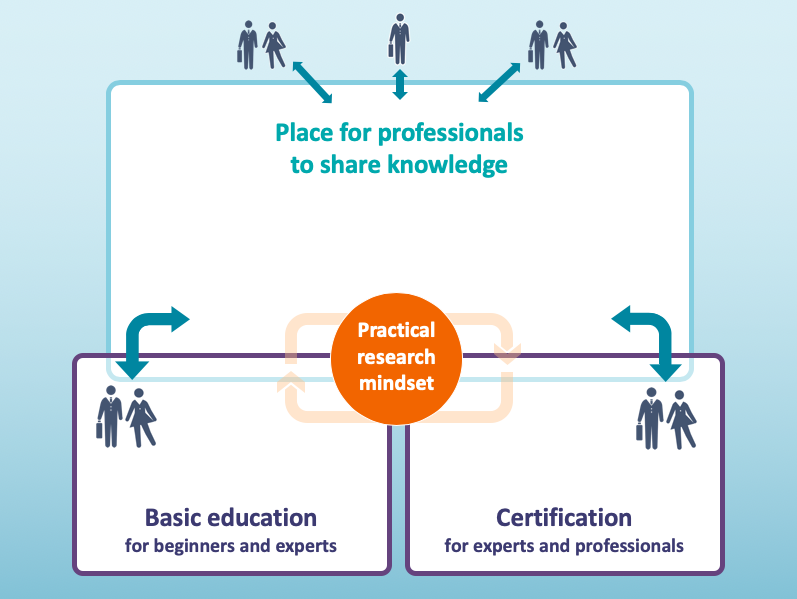
Figure 2
HCD-Net’s legitimacy is established by the following functions:
1. Certifying professionals—Our certification system for experts and professionals is proving to be a useful tool in authorizing the skills of those in the field, and therefore has become an indispensable aspect of the organization.
2. Providing basic education--We conduct activities to give beginners and professionals a basic education in practical methods, equipping them with the necessary skill-set. This education leads the learner to acquiring the above certification, and at the same time helps us all to confirm and strengthen our foundations.
3. Facilitating a place for professionals to share knowledge--In a world where the market is constantly changing, where new topics are constantly coming up and developing, it is crucial that we have a place for professionals to share knowledge about new trends. This has been the engine of the organization, as we welcome new members and go out into new fields.
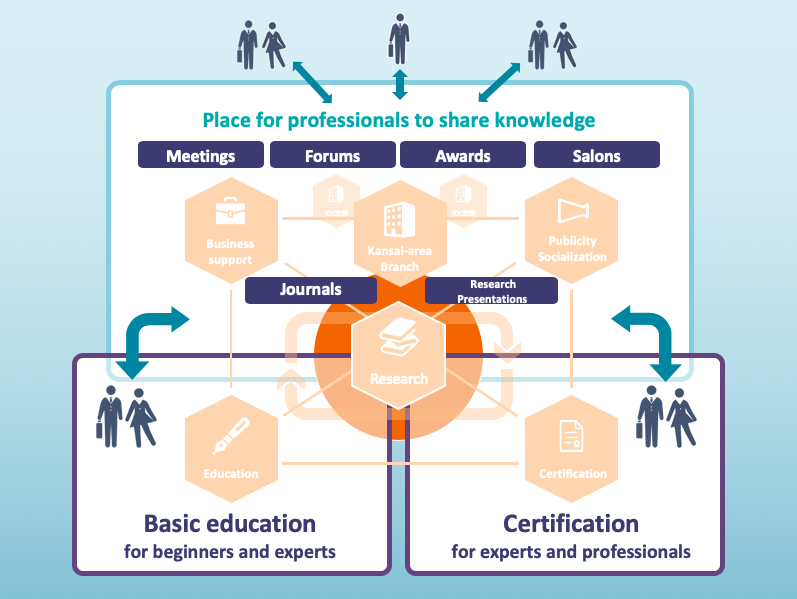
Figure 3
While recognizing these various functions, we want to be always analyzing our activities in the light of how they should be, and continue our discussions for further development (Figure 3 shows our present activities and efforts being discussed for future development). With the support of members, supporting members, directors, the council, and related organizations, we will give our utmost to fulfill the roles of HCD-net. Moreover, I feel it is my duty to pass on the value of this field and the responsibility of this organization to the next generation.
Thank you for your interest and understanding in the work that we do. We would appreciate your continued support and participation in this network, as we look forward with you to the future.
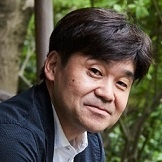
Specified Non-Profit Organization
Human Centered Design Organization
Chief Director
Toshikazu SHINOHARA
Past Chief Directors
Dr. Masaaki KUROSU
(Honorary Director, Second Chief Director)
Mr. Haruhiko UROKOHARA
(First Chief Director , Third Chief Director(2015 - 2018))

